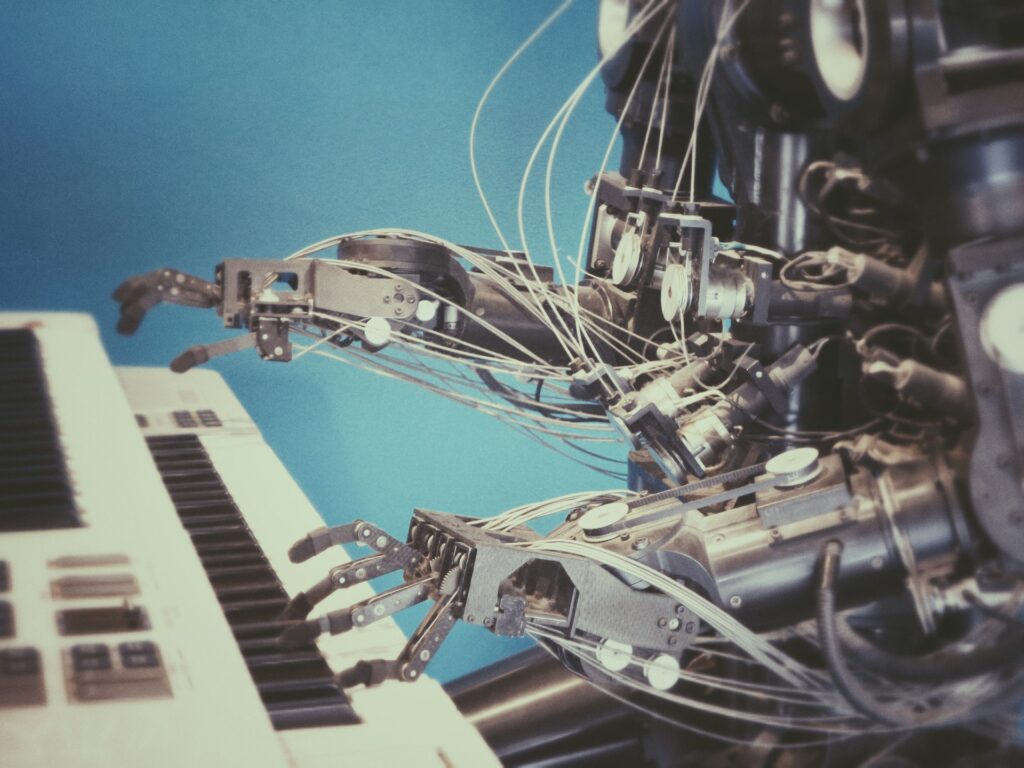In the ever-evolving landscape of technology, one term reigns supreme: Artificial Intelligence. This groundbreaking field encompasses the development of intelligent machines capable of performing tasks that typically require human intelligence. From simplifying daily activities to revolutionizing entire industries, the applications of AI are vast and transformative.
Understanding Artificial Intelligence
Artificial Intelligence, often abbreviated as AI, refers to the simulation of human intelligence in machines that are programmed to mimic human actions. These intelligent systems can analyze data, learn from it, and make informed decisions, leading to enhanced efficiency and productivity across various sectors.
The Origins of AI
The roots of Artificial Intelligence trace back to the 1950s when the concept was first introduced by computer scientist John McCarthy. Over the decades, significant advancements in computing power and algorithms have propelled AI into the forefront of technological innovation.
Types of Artificial Intelligence
AI can be categorized into two main types: Narrow AI and General AI. Narrow AI, also known as Weak AI, is designed to perform specific tasks, such as speech recognition or image classification. On the other hand, General AI, or Strong AI, possesses human-like cognitive abilities and can excel across a wide range of activities.
Applications of AI
The versatility of Artificial Intelligence is reflected in its wide-ranging applications across various industries:
Healthcare: AI-powered diagnostic tools and predictive analytics are revolutionizing patient care and treatment outcomes.
Education: AI-driven tutoring systems and adaptive learning platforms are reshaping the educational landscape, catering to individual student needs.
Transportation: Autonomous vehicles leverage AI technologies for navigation, collision avoidance, and route optimization. It paving the way for safer and more efficient transportation.
The Impact of AI on Society
Artificial Intelligence holds the promise of significant societal impact, both positive and negative. While advancements in AI offer unprecedented convenience and efficiency. They also raise ethical concerns regarding privacy, job displacement, and algorithmic bias. Striking a balance between innovation and ethical considerations is paramount in harnessing the full potential of AI for the betterment of society.
The Future of Artificial Intelligence
As AI continues to evolve, its potential knows no bounds. Embracing innovation, fostering collaboration, and prioritizing ethical AI development are key to shaping a future where AI serves as a force for good.
Frequently Asked Questions
What industries are most impacted by Artificial Intelligence?
AI has significant implications across various industries, including healthcare, finance, education, transportation, and manufacturing.
How does Artificial Intelligence benefit healthcare?
AI enhances healthcare through improved diagnostics, personalized treatment plans, and predictive analytics, leading to better patient outcomes and cost savings.
Can AI replace human jobs?
While AI may automate certain tasks, it also creates new job opportunities in fields such as AI development, data science, and robotics.
What measures are in place to address ethical concerns related to AI?
Efforts to address ethical concerns surrounding AI include developing guidelines for responsible AI development, promoting transparency in algorithmic decision-making, and fostering interdisciplinary collaboration.
How can individuals prepare for the impact of AI on the workforce?
Individuals can prepare for the impact of AI by acquiring skills in areas such as data analysis, critical thinking, and problem-solving, as well as staying updated on technological advancements and industry trends.
Conclusion
Artificial Intelligence stands at the forefront of technological innovation, poised to reshape industries, elevate human capabilities, and tackle global challenges. By harnessing the power of AI responsibly and ethically, we can unlock a future where intelligent systems work hand in hand with humanity to create a better world.

